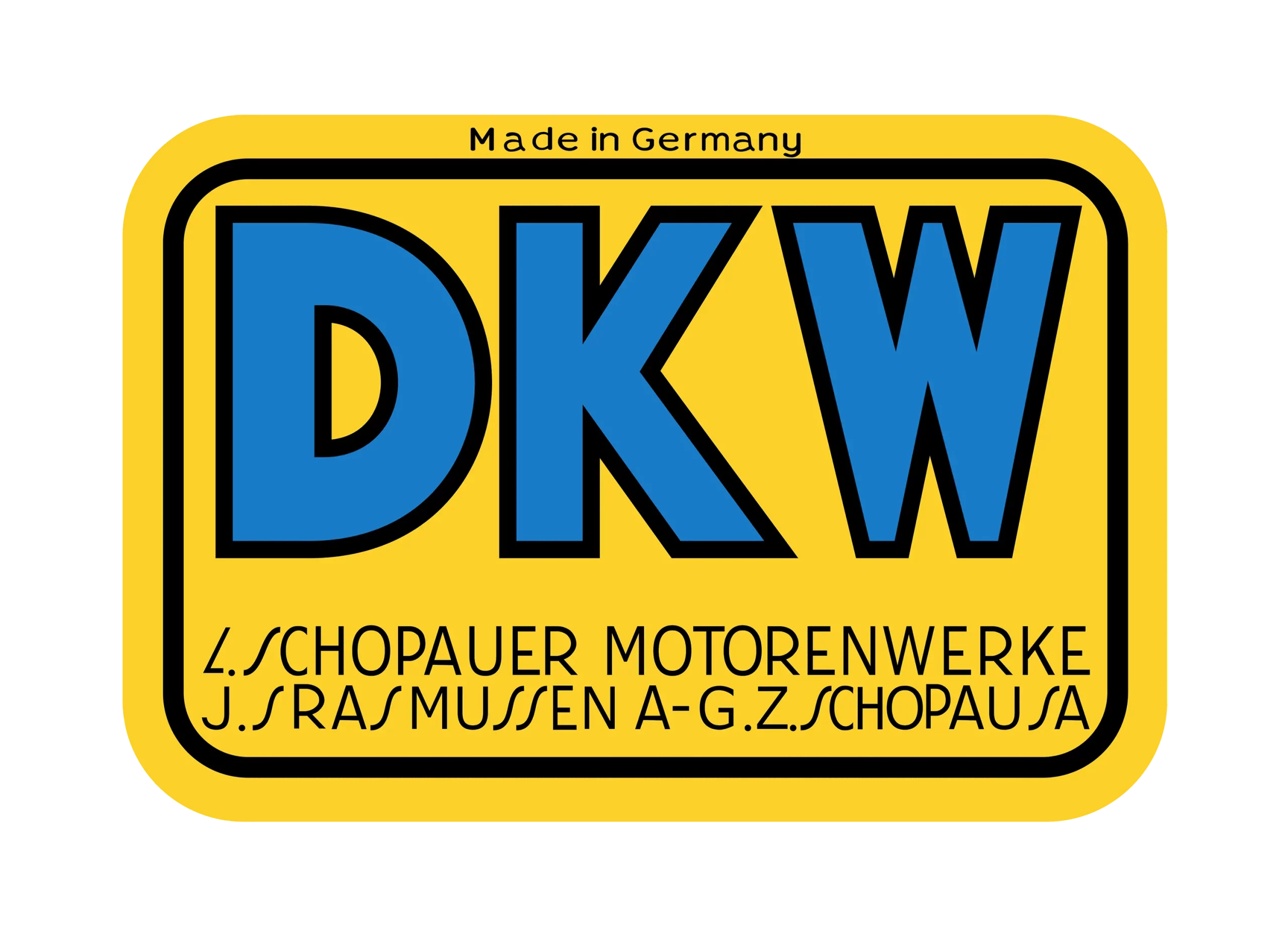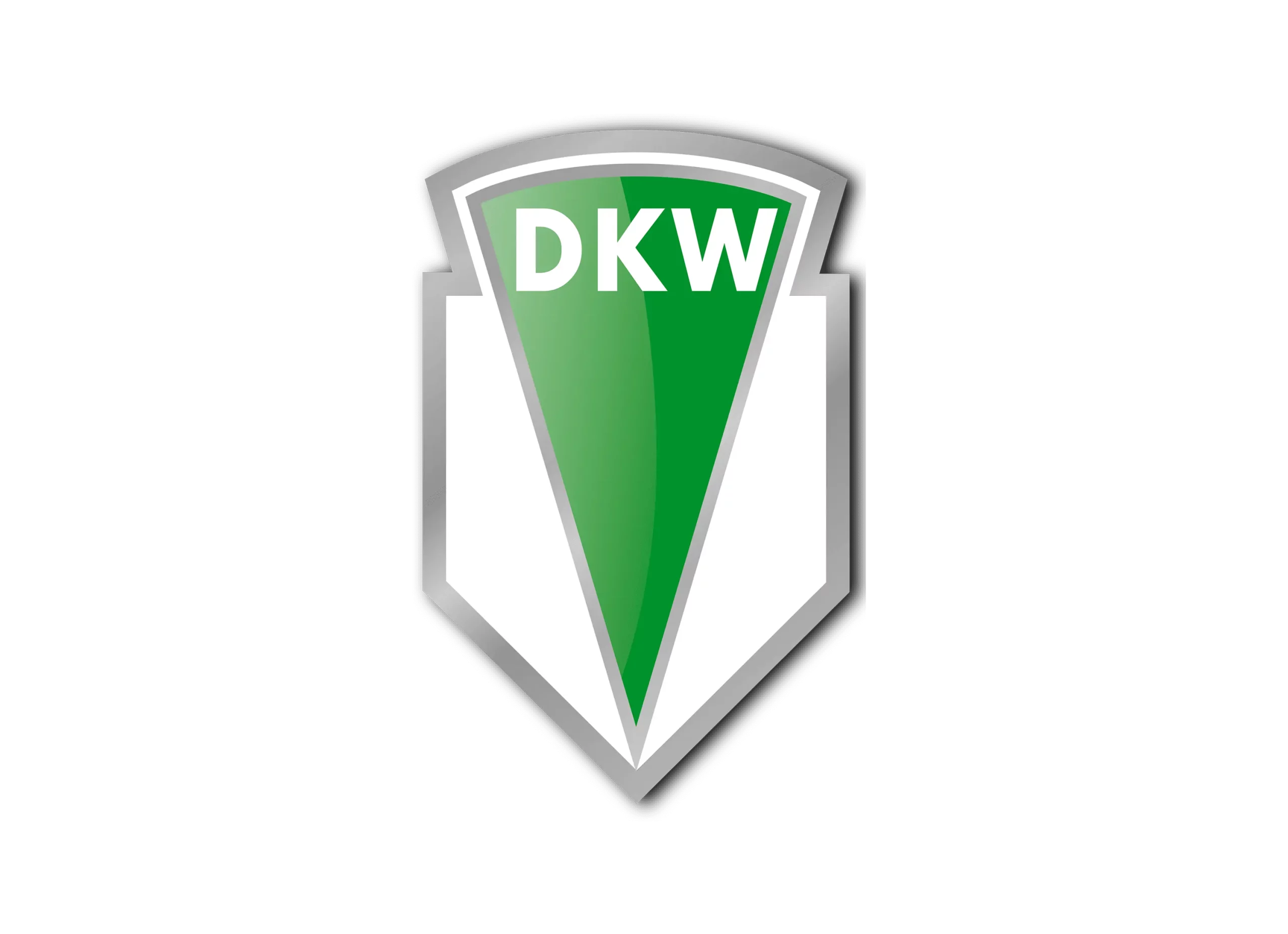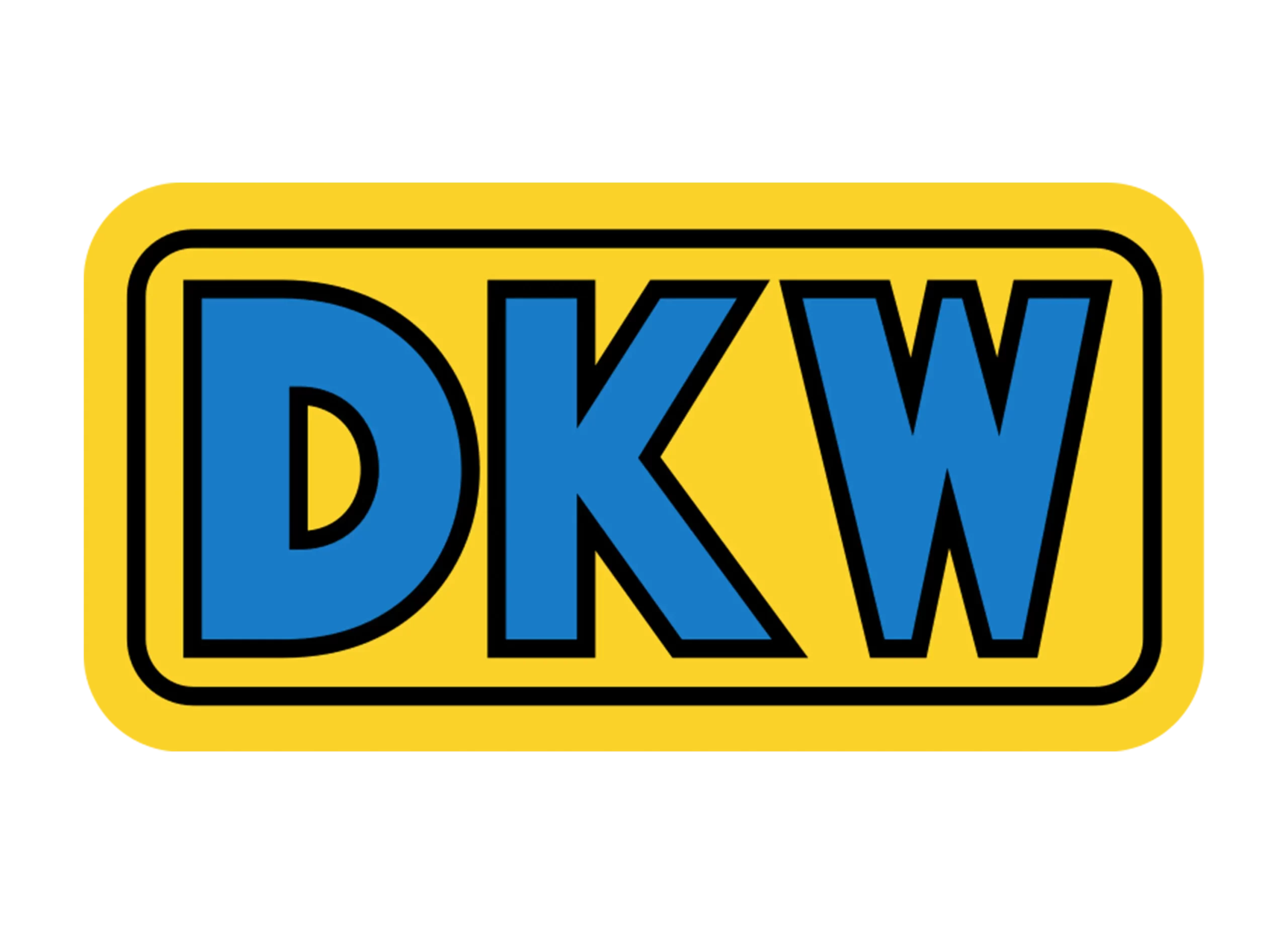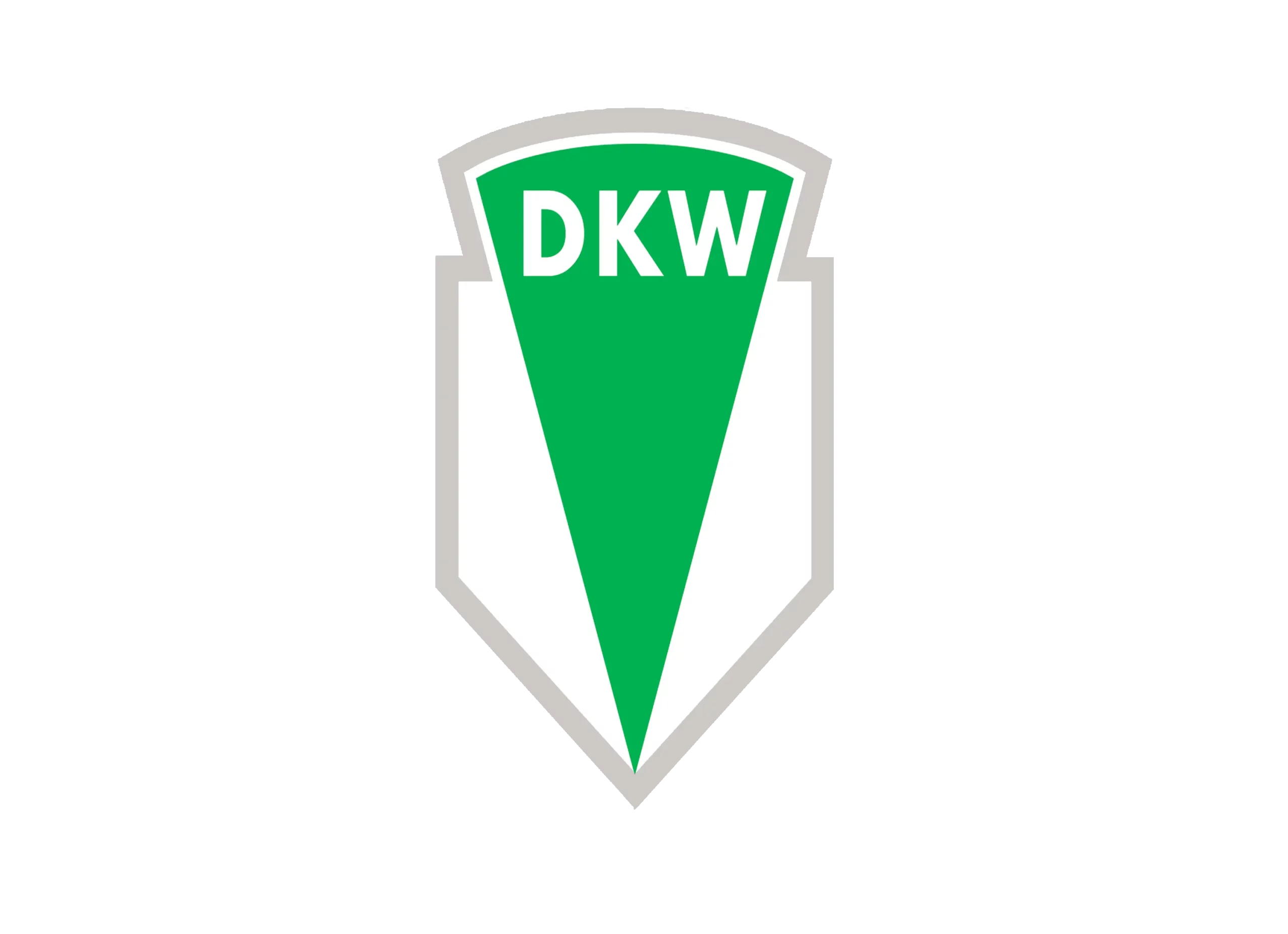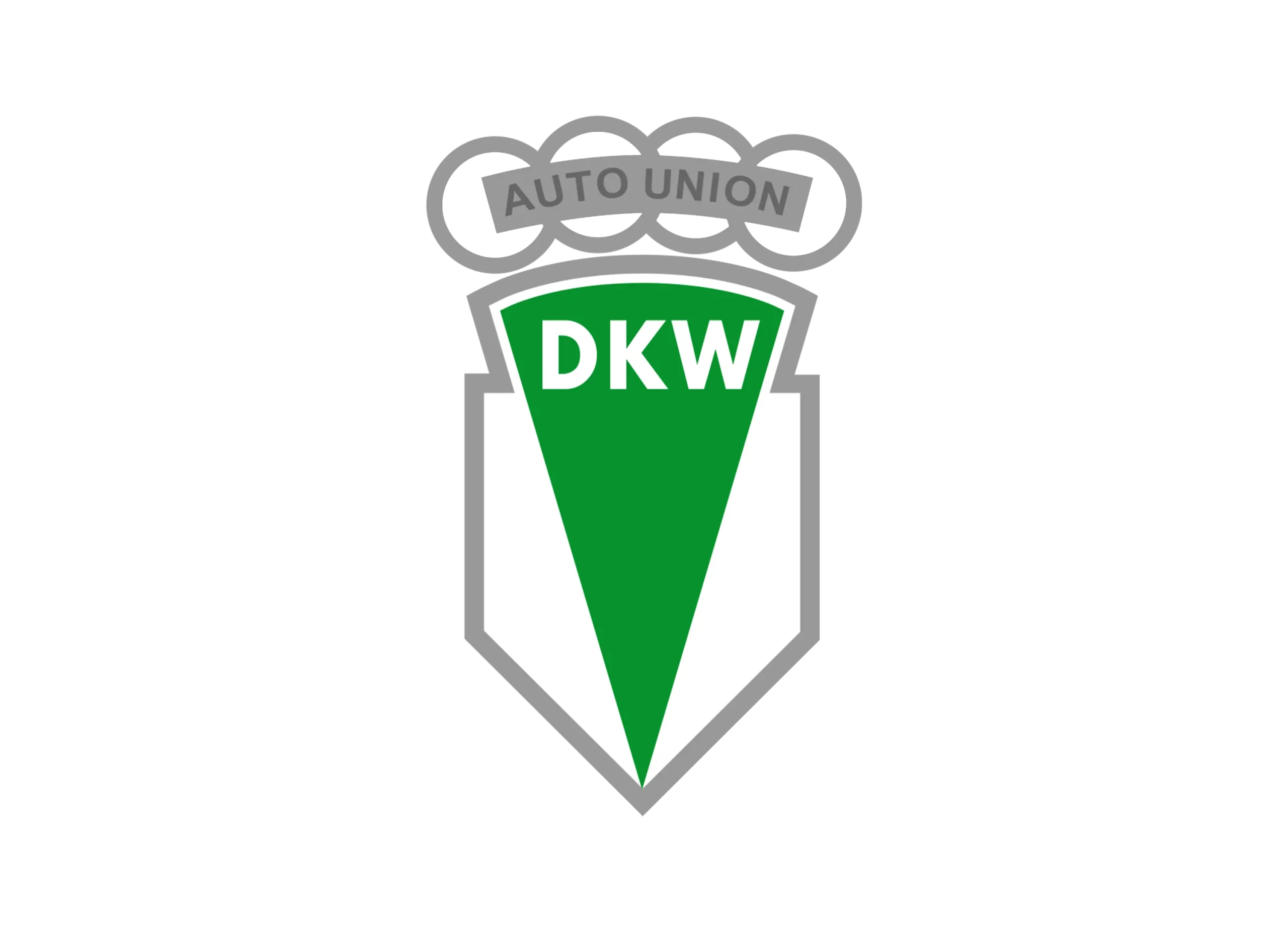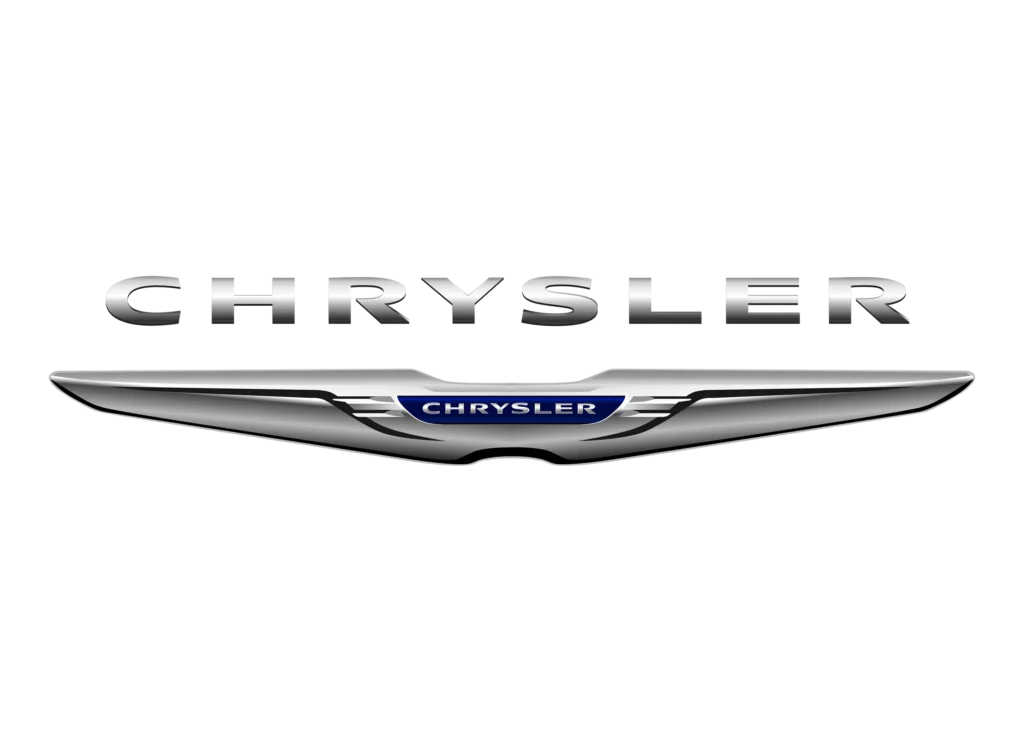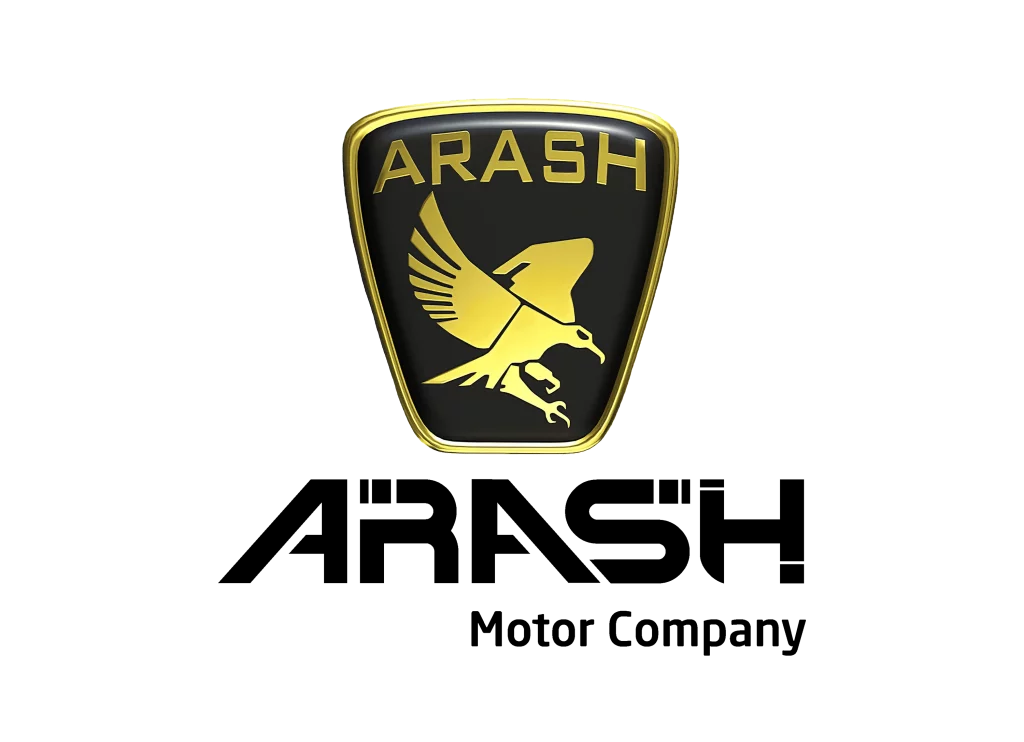DKW logo
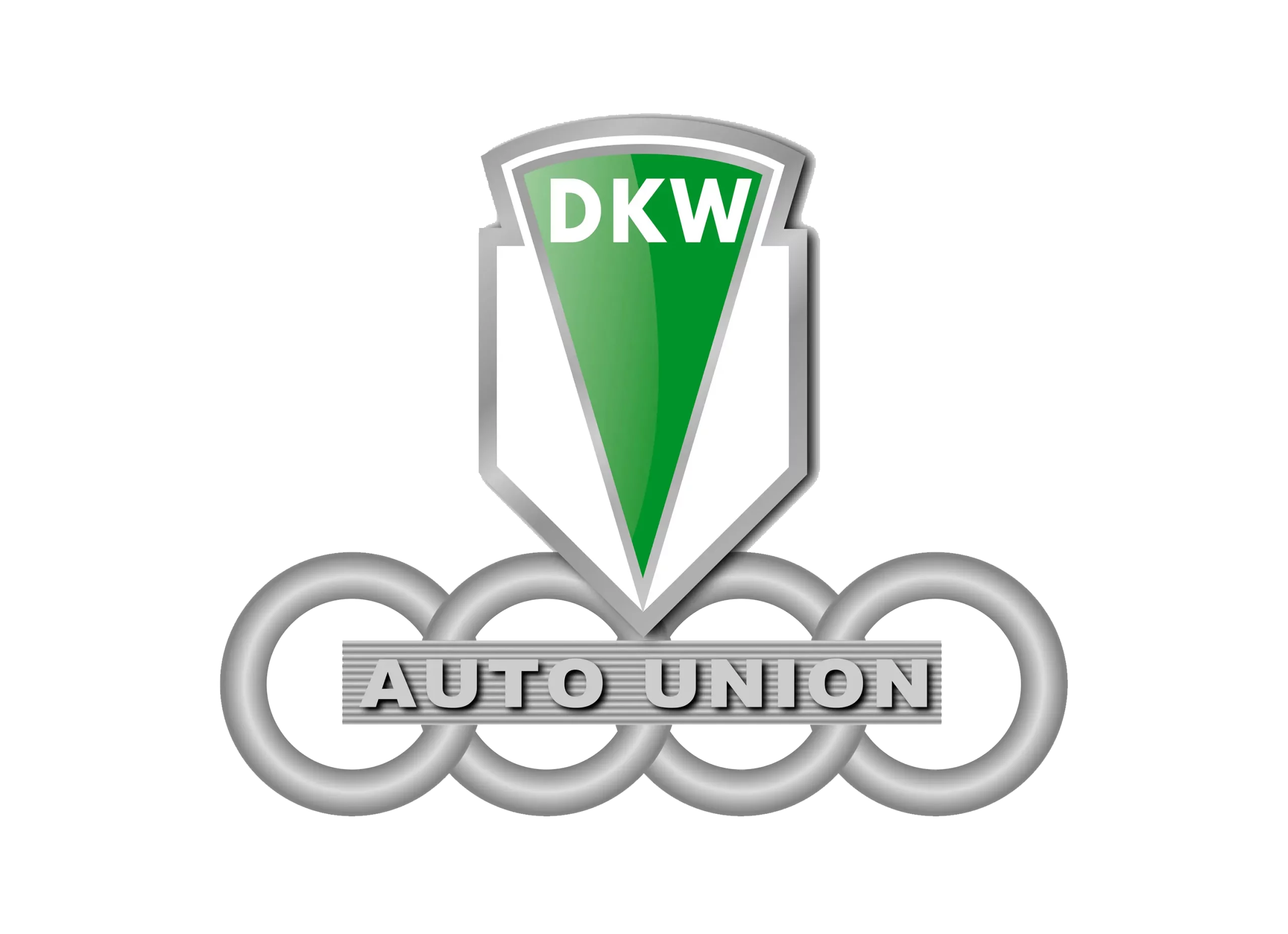
The triangular DKW design is a nod to the company’s early history and is similar to the logo used during DKW’s pre-war years. The Audi rings symbolize the company’s commitment to quality and innovation, while the words “Auto Union” reflect the company’s history as part of the Auto-Union group of companies.
The interlaced rings of the Audi logo represent the four companies that formed Auto-Union: Audi, DKW, Horch, and Wanderer. The rings are arranged in a symmetrical pattern, which gives the logo a sense of balance and unity.
Overall, the current logo of Audi AG is a tribute to the rich history and legacy of the Auto-Union group of companies, of which DKW was a key member. The incorporation of the DKW triangle, along with the Audi rings and the words “Auto Union,” is a powerful symbol of the company’s commitment to quality, innovation, and performance, which are values that have defined the automotive industry for decades.
DKW Brand Overview
1916
Jörgen Skafte Rasmussen
Zschopau, Germany (1906-1932)
Chemnitz (1932-1949)
Ingolstadt (1949-1969)
No official website
DKW is a German car and motorcycle manufacturer that has played a significant role in the history of the automotive industry. The company was founded in 1916 and was initially focused on producing steam-driven machines. However, it wasn’t until the 1920s that DKW began producing cars, which quickly gained popularity due to their affordable price and reliable performance.
In the 1960s, DKW was merged with other automotive companies to form the modern-day Audi AG. Despite no longer existing as a separate brand, the legacy of DKW lives on through Audi and its commitment to quality, innovation, and performance.
Today, DKW is remembered as a pioneering brand in the automotive industry, with a rich history of innovation and technological advancement. The company’s legacy can be seen in the many cars and motorcycles that have followed in its footsteps, as well as the continued success of Audi and the Auto-Union group of companies.
DKW History
DKW is a German car and motorcycle manufacturer that has played a significant role in the history of the automotive industry. The company’s legacy is defined by its innovative designs and commitment to quality, which helped establish it as a major player in the European automotive market.
DKW was founded in 1916 by Jörgen Skafte Rasmussen in the town of Zschopau, Germany. The company initially focused on producing steam-driven machines, but it wasn’t until the 1920s that DKW began producing cars. The first DKW car was the P15, which was introduced in 1928 and quickly gained popularity due to its affordable price and reliable performance.
Throughout the 1930s, DKW continued to develop new models and technologies, including the use of front-wheel drive and the creation of the first three-cylinder engine. The company’s innovative designs helped establish it as a major player in the European automotive market and laid the groundwork for future success.
In 1932, DKW became a part of the Auto-Union group of companies, which also included Audi, Horch, and Wanderer. Together, these brands formed one of the largest automotive companies in Europe and were known for their high-quality, innovative designs.
During World War II, DKW shifted its focus to producing motorcycles and military vehicles, which were used extensively by the German army. After the war, DKW’s factories were heavily damaged, and the company struggled to recover.
In the post-war era, DKW shifted its focus to producing motorcycles and scooters, which became increasingly popular in Germany and other parts of Europe. The company continued to innovate and develop new technologies, including the use of two-stroke engines, which became a signature feature of DKW’s motorcycle line.
In the 1960s, DKW was merged with other automotive companies to form the modern-day Audi AG. Despite no longer existing as a separate brand, the legacy of DKW lives on through Audi and its commitment to quality, innovation, and performance.
Today, DKW is remembered as a pioneering brand in the automotive industry, with a rich history of innovation and technological advancement. The company’s legacy can be seen in the many cars and motorcycles that have followed in its footsteps, as well as the continued success of Audi and the Auto-Union group of companies. DKW’s commitment to quality and innovation helped establish it as a major player in the European automotive market and laid the groundwork for future success.

